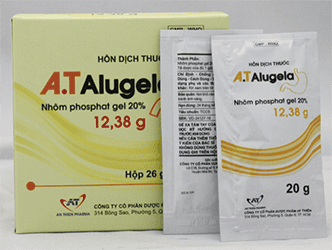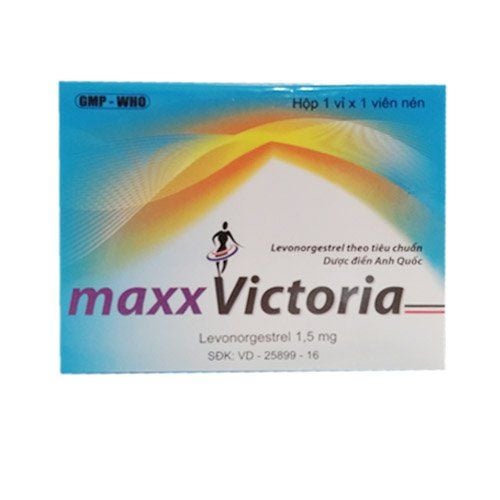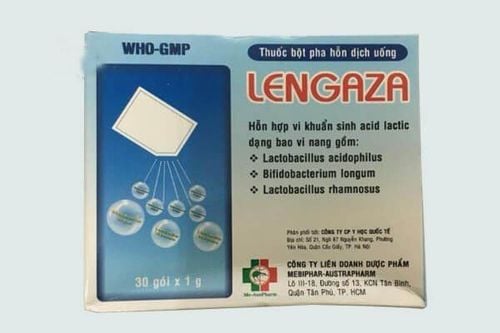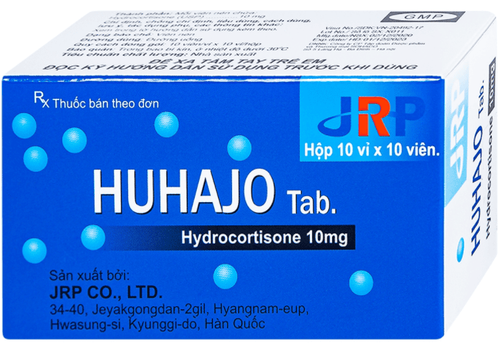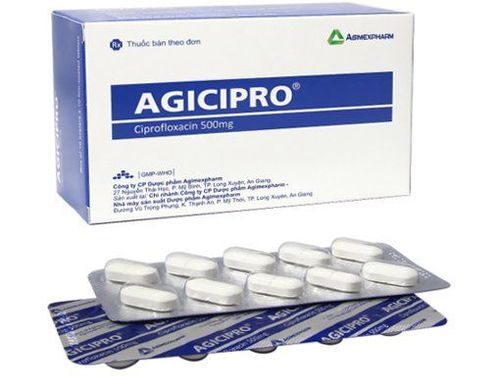This is an automatically translated article.
Crohn's disease is an inflammatory disease of the digestive tract. Although there is currently no cure for this disease, if treated early, patients can still maintain their lives and prolong their life.
1. What is Crohn's disease?
Crohn's disease is an inflammatory disease of the digestive tract, specifically belonging to the group of inflammatory bowel diseases. People with Crohn's disease can experience a wide range of mild to severe symptoms, followed by periods of no symptoms that last for weeks or years. Symptoms depend on the site of inflammation and the severity of the disease and include:
Diarrhea that does not go away, often with blood and mucus or pus, Weight loss, Fever, Abdominal pain, Bleeding rectum.
2. What complications can Crohn's disease cause?
Inadequate treatment of Crohn's disease can cause the following types of complications:
Gastrointestinal abscess; bile salt diarrhea; cracks in the lining of the anus causing bleeding when urinating; small intestinal bacterial overgrowth (SIBO) leading to malabsorption and malnutrition; Arthritis affecting large joints in your arms and legs such as elbows, knees, wrists and ankles, spine or lower back; ankylosing spondylitis; eye inflammation, pneumonia and heart valve inflammation; Skin problems are the second most common systemic complication, including: erythema nodosum, pyoderma, mouth ulcers,.... Bone loss, vitamin D deficiency; Eye problems such as inflammation of the area just below the conjunctiva in one or both eyes, scleritis, blurred vision, sensitivity to light and redness, etc. Kidney problems such as kidney stones, kidney stasis water, fistula formation between intestines and other organs such as bladder or ureters,... Liver problems such as fatty liver disease, gallstones, hepatitis,... Developmental problems substance like delayed puberty.
3. Can Crohn's Disease Be Curable?
Although Crohn's disease cannot be cured completely, treatment for Crohn's disease will be able to relieve symptoms and help improve the condition so that the patient can lead a normal life.
3.1 What drugs are treated with Crohn's disease? Crohn's disease is mainly treated with medication. After a few weeks of treatment for Crohn's disease, your doctor will check again to see how well the medicine is working. If your Crohn's disease goes into remission, your doctor may instruct you to take "maintenance therapy" to stop symptoms of the disease. If Crohn's disease is treatable but does not improve, doctors may recommend stronger treatments. In addition, the doctor may also recommend nutritional supplements to the patient.
Crohn's disease can be treated with the following drugs:
Corticosteroids and anti-inflammatory drugs; Immune system regulators such as azathioprine and methotrexate; antibiotics such as ciprofloxacin and metronidazol ; Diarrhea medicines such as adalimumab, certolizumab pegol, infliximab, natalizumab, ustekinumab and vedolizumab,...
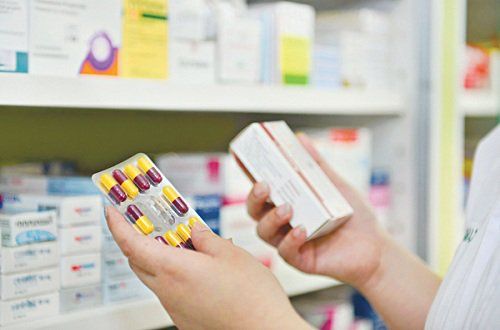
Bệnh crohn điều trị bằng thuốc và được chỉ định bởi bác sĩ chuyên khoa
3.2 What to do when drug treatment for Crohn's disease doesn't work? To help treat complications or when medications don't work, your doctor may recommend surgery. About 66% to 75% of people with Crohn's disease need surgery. The disease is treated through common procedures including:
Anastomosis: the surgeon removes the inflamed part of the intestine and joins the two healthy ends together. Ileostomy: This procedure connects the intestines to the skin on the body to create an opening in the skin that can collect waste products from the intestines.
3.3 In what ways is Crohn's disease supportive? In addition to medication or surgery, Crohn's disease is treated with complementary and alternative therapies to ease symptoms. Supportive therapies for Crohn's disease include:
Relaxation therapies, meditation, hypnosis, acupuncture, yoga and exercise; Food supplements, eg omega-3 (a fatty acid) and curcumin; Supplementing with Probiotics; Change to a healthy lifestyle, eat foods that are easy to digest, soft, eat lighter, avoid greasy, fried foods, dairy products, caffeinated drinks, carbonated drinks, quit smoking Leaves, relieve stress,... Avoid using non-steroidal anti-inflammatory drugs (NSAIDs. Instead, use paracetamol to reduce pain, anti-inflammatory.Although it can't cure Crohn's disease completely, Crohn's disease can be cured. Treatment will be able to relieve symptoms and help improve the condition. Therefore, patients need to strictly follow the doctor's instructions to have good health.
Please dial HOTLINE for more information or register for an appointment HERE. Download MyVinmec app to make appointments faster and to manage your bookings easily.
References: healthline.com, webmd.com, nhs,uk



